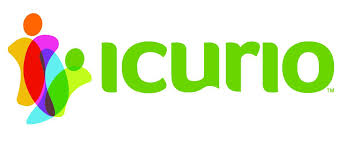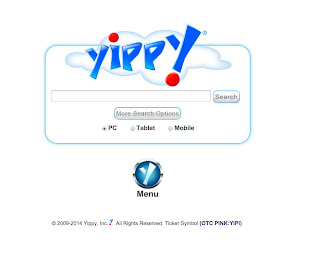What CAN we learn from Anthony Capps's conversations with Dr. Strange? Apparently, we can learn a great deal, or at least I surely did. Anthony and Dr. Strange covered a variety of subjects: Project Based Learning, iCurio, Discovery Ed, tips for teachers, and correctly utilizing technology.
Project Based Learning:
In the videos Project Based Learning Part 1 and Part 2 , I discovered many insights to Project Based Learning. Projects are not something to be done at the end of a lesson to show what children learn. Projects are an approach to learning. In Project Based Learning, students can own their own learning and create while they are discovering. I learned how to approach designing projects so that they will be productive, good projects. Projects must motivate, be relevant, involve community, and meet state standards. Reflection and revising is also key to good projects. Everything is not going to go as planned when doing some projects, but in order to not limit students, never underestimate them! When you give students a chance, they will occasionally go far beyond your expectations. Collaboration is hard for people, but if we incorporate it in our teachings, it can only get easier with practice. In Project Based Learning, students will always know that what they are doing has meaning.
iCurio & Discovery Ed:
iCurio is an awesome online tool that I had never heard of. It is an ingenious idea that allows children to do online web searches through filtered websites. Not only is it great for research, it teaches virtual organization through its bookmarking features. It could be useful for all grade levels. Discovery Ed helps students to further their research as well as helping teachers bring their lessons to life. I had also never heard of this tool. Because people remember more of what they hear and see, this tool provides illustrations and expert videos.
Tips:
In the video Anthony-Strange Tips for Teachers, together Dr. Strange and Anthony compile a few great tips for new teachers. Of course, we as teachers must be learners. As we continue through EDM, I believe this more and more. Teachers can never have all of the answers nor think that they do know everything! Teaching also becomes a way of life, not just a career. Surprises also happen, so teachers must be willing to adjust their plans. We also must be able to make sure that we are not leaving any children behind in our teaching. Everyone must be actively engaged. Students must also be able to reflect and share their projects.
Technology:
In Use Tech, Don't Teach It, it is obvious, our world is now staunchly planted in technology. There is no refusing it anymore. We must embrace technology, and this idea is a new one to me. I had never thought about purposefully using technology instead of teaching it. Students know how to use technology now. They no longer need to learn how to use anything. Technology is like a second language to most all children. In order to utilize technology, I see how to incorporate and design assignments around using technology. Most importantly, always do the assignments before you introduce them to your students. This way, you will have a decent understanding of the questions the students ask when they do the project.
Additional Thoughts:
In this last video, Anthony gave me good insights into what a lesson plan should be. I have not been introduced to lessons plans much yet, as this is my first semester in the College of Education. When preparing my future plans, I am going to definitely keep these ideas in mind.
Regardless of the specific subjects of these videos, all of them have one thing in common: building essential 21st century skills!



.jpeg)



















